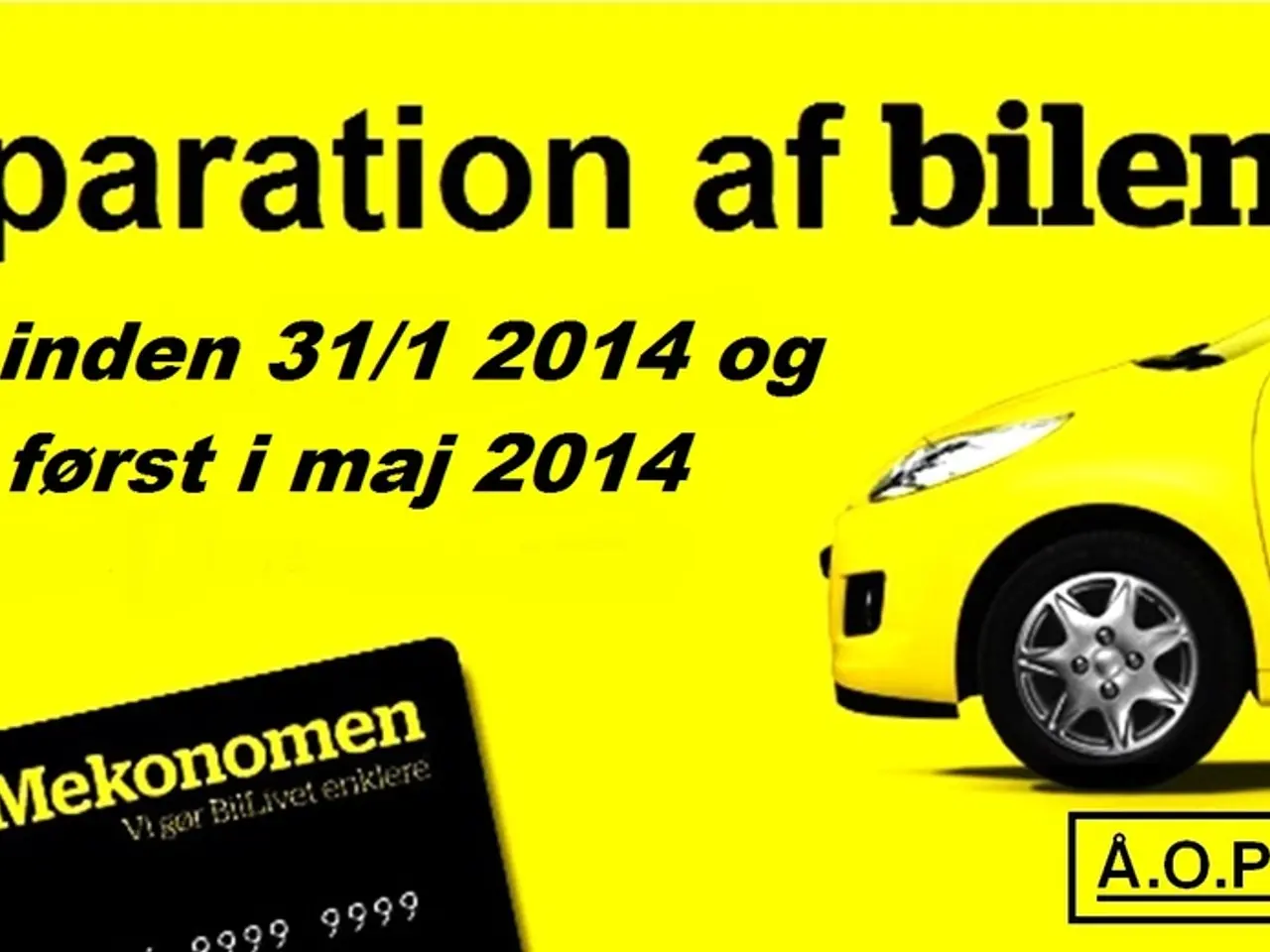Potential Threats to Upcoming Holidays: 8th May and 15th August at Risk?
Going Holiday-Less: Mulling Over France's Public Holiday Elimination
📸 Credit: Solina Prak via Pixabay
Mulling Over France's Public Holiday Elimination: A Striking Economic and Sociocultural Decision
The finance-conscious French government has once again raised the question of axing a public holiday to shore up the state's coffers. The million-dollar question: which day should be sacrificed? A complex calculus involving economics, tradition, and faith awaits.
During an extended four-day weekend, La Dépêche du Midi reminds us that there are 11 public holidays in France: 6 of these have religious affiliations (Christmas, All Saints' Day, Easter, Ascension, Pentecost, Assumption), while the remaining 5 are based on civil tradition (New Year's Day, May Day, May 8th, Bastille Day, Armistice Day).
With Pentecost Monday rebranded as "Labor Day," the prospect of divesting another public holiday has emerged, with economic rationalization being the driving force. Yet, the decision fetches a tangled web of considerations.
Famous dates, at what cost?
Comparing apples to apples, decisions can be hasty. All Saints' Day, for instance, is perceived as less universal, while the Thursday of Ascension takes a toll on the economy. November 11th may retain meaning as a symbol, although its influence might dwindle over time. However, its removal could spark disgruntlement in ex-servicemen.
However, beneath the symbolic mask, the economic stake is substantial, and May's long weekends provide an ideal illustration. These holidays result in a dip in activity, administrative delays, and slowed production, as measured by La Dépêche du Midi. La Direction Générale de l'INSEE states that these holidays amount to an annual loss of between 4 and 6 billion euros.
Beyond Symbols and Economics
The following points shed light on the broader implications of eliminating a public holiday in France:
- Labor Market Implications: By doing away with holidays, businesses might witness increased work hours, potentially escalating productivity, but at the risk of worker burnout and potentially diminished morale.
- Industry-Specific Impact: The implications would differ depending on the industry, with sectors relying on continuous operations, such as manufacturing and retail, gaining the most, while tourism and leisure facing a decline due to reduced consumer spending during holidays.
- Work-Life Balance: Holidays play a pivotal role in maintaining a healthy work-life balance, protecting employees from overwhelming stress and burnout. Removing holidays could prompt an erosion of this balance.
- Political Challenges: Axing public holidays would necessitate alterations in labor laws and policies, involving negotiations with labor unions and diverse stakeholder groups, potentially leading to political tumult and resistance.
- Social and Cultural Considerations: Public holidays rooted in French culture and society could provoke backlash if eliminated, potentially impacting the political landscape and social cohesion.
- Inequity in Distribution: Abolishing holidays could exacerbate inequities in wealth distribution, as employees in lower-paying jobs might be less able to enjoy vacations affordably.
In conclusion, the choice to eliminate a public holiday in France requires careful weighing of economic gains and potential social, cultural, and political repercussions. The impact would depend on the specific holiday in question and the various responses from different sectors and stakeholders.
- The elimination of a public holiday in France could lead to an increase in work hours for businesses, potentially boosting productivity, but at the risk of worker burnout and reduced morale.
- The implications of eliminating a public holiday would differ across industries, with sectors like manufacturing and retail benefiting, while tourism and leisure may face a decline due to reduced consumer spending.
- Holidays play a crucial role in maintaining a healthy work-life balance, and their removal could erode this balance by subjecting employees to overwhelming stress and burnout.
- Abolishing public holidays would necessitate changes in labor laws and policies, which may involve negotiations with labor unions and diverse stakeholder groups, potentially sparking political unrest and resistance.
- Eliminating holidays deeply rooted in French culture and society could provoke backlash, potentially impacting social cohesion and political dynamics within the country.
- The decision to eliminate a public holiday could exacerbate social and economic inequalities, as it might disproportionately affect employees in lower-paying jobs who may struggle to afford vacations.




